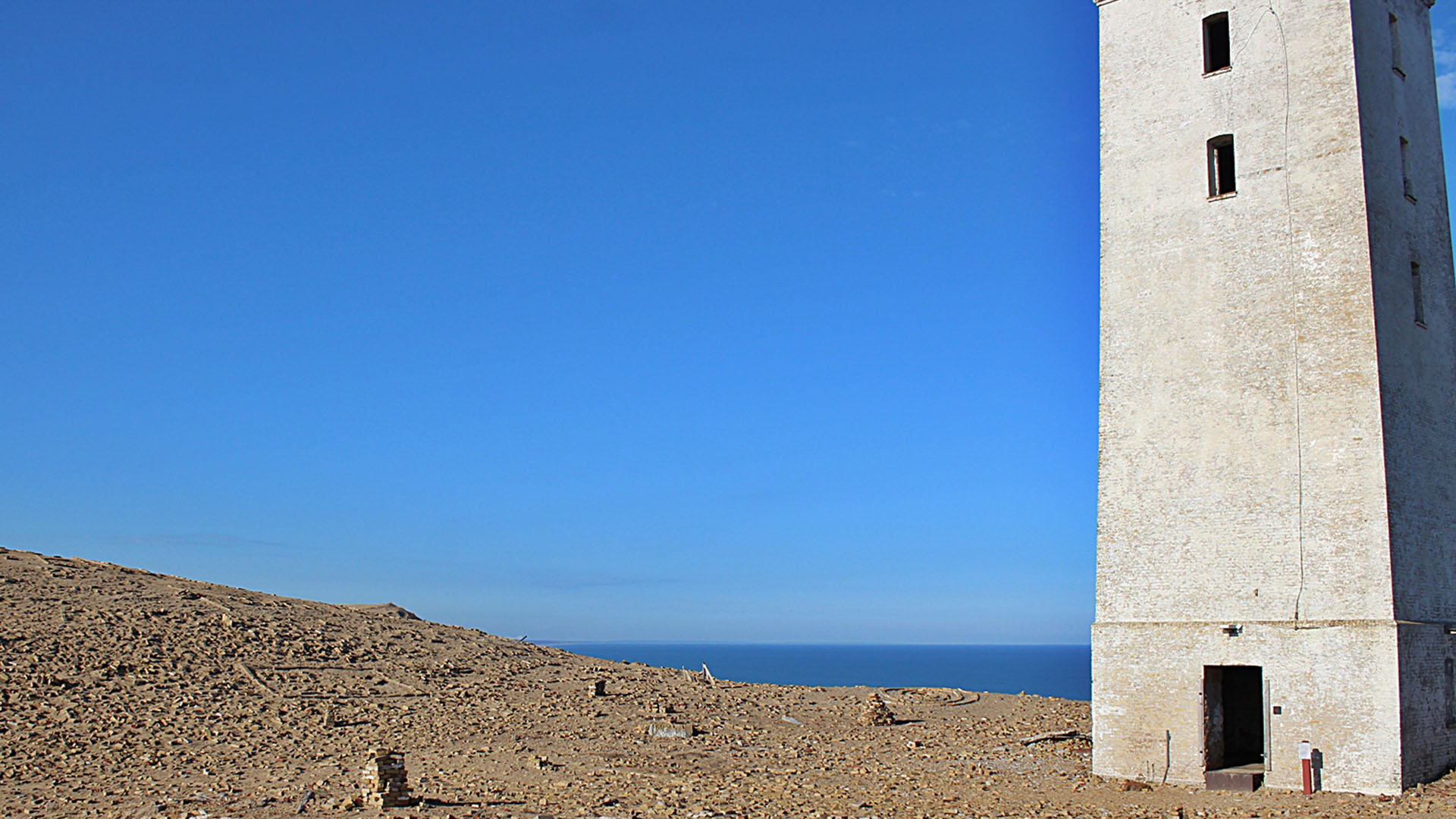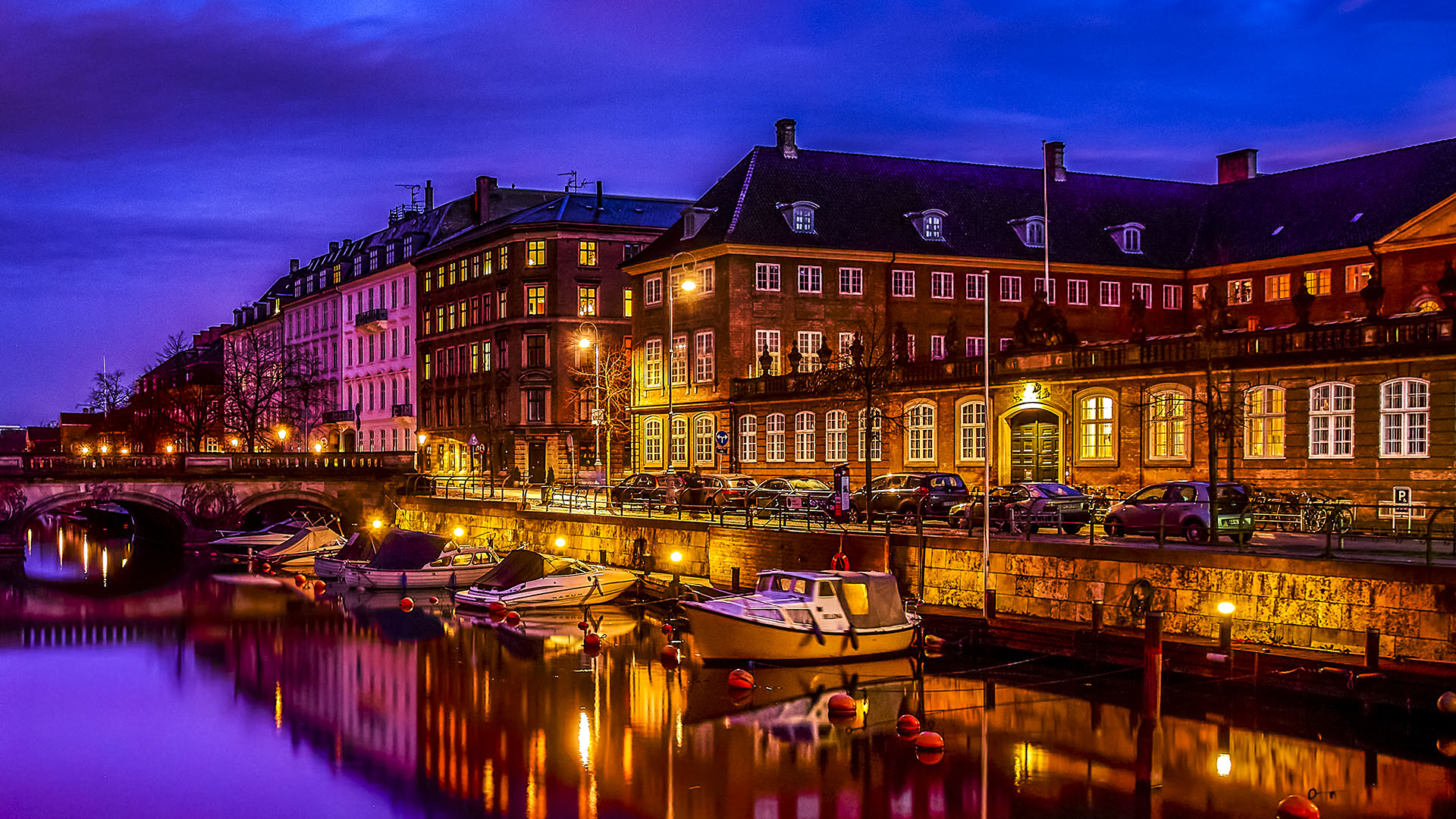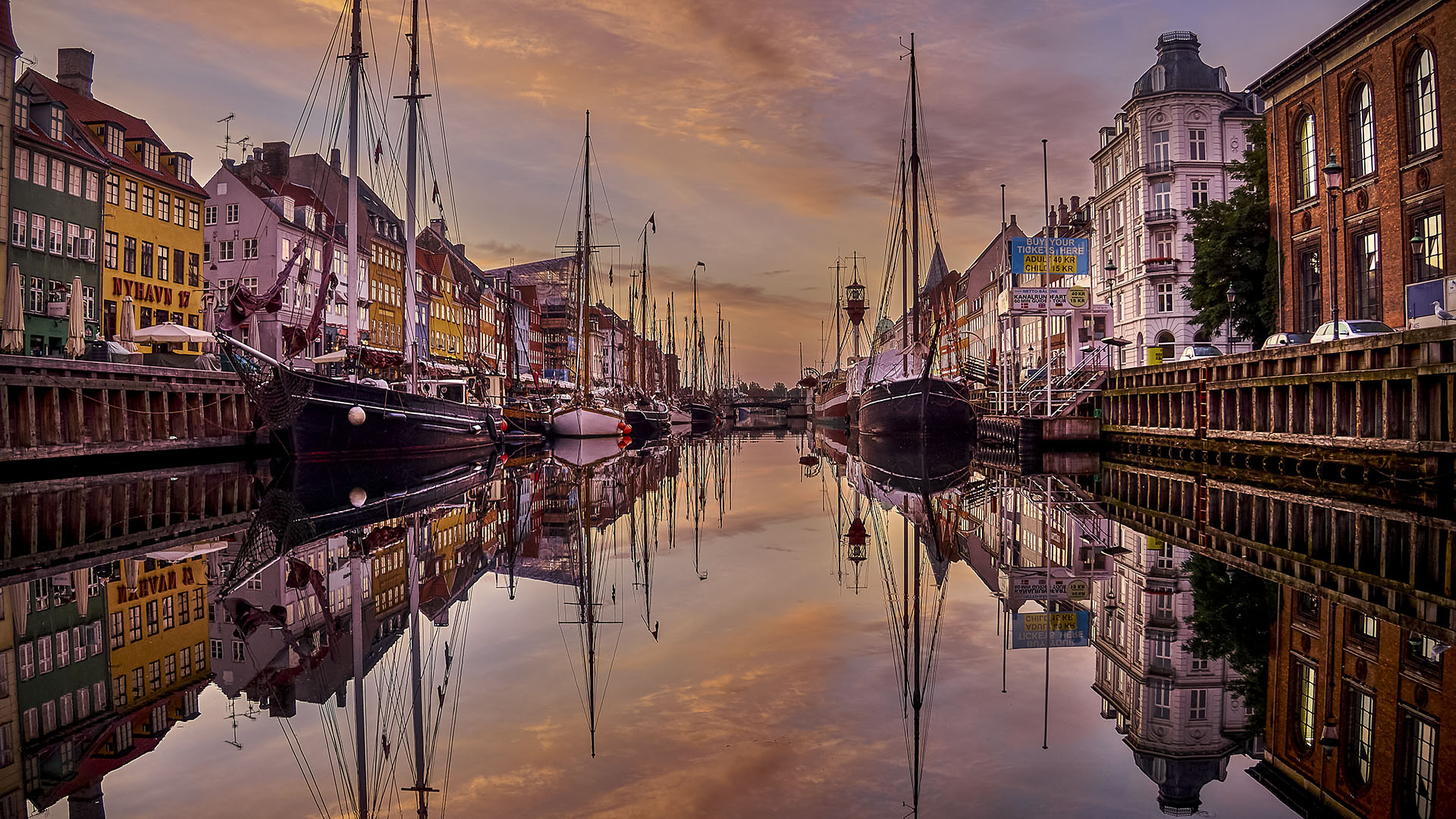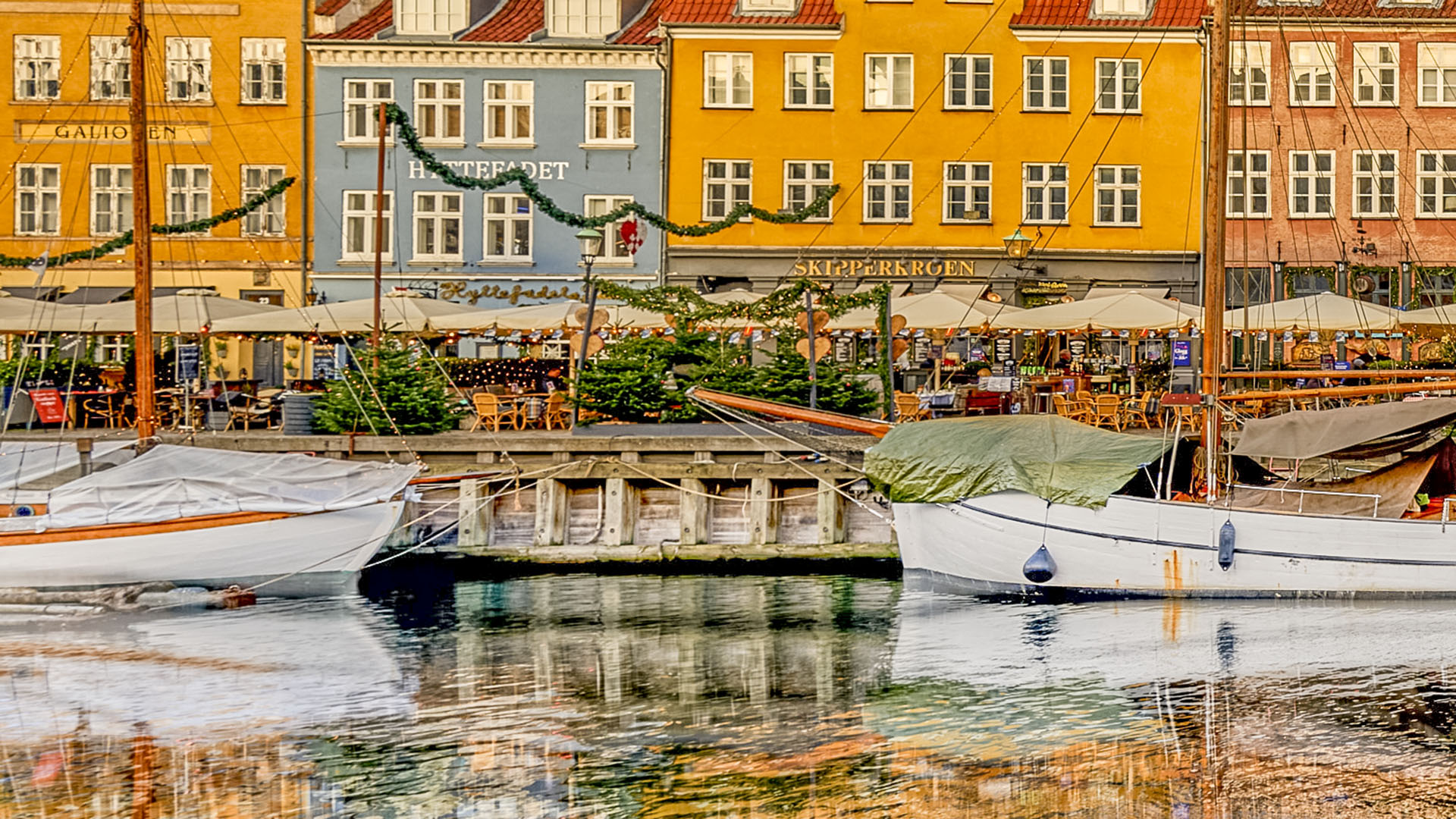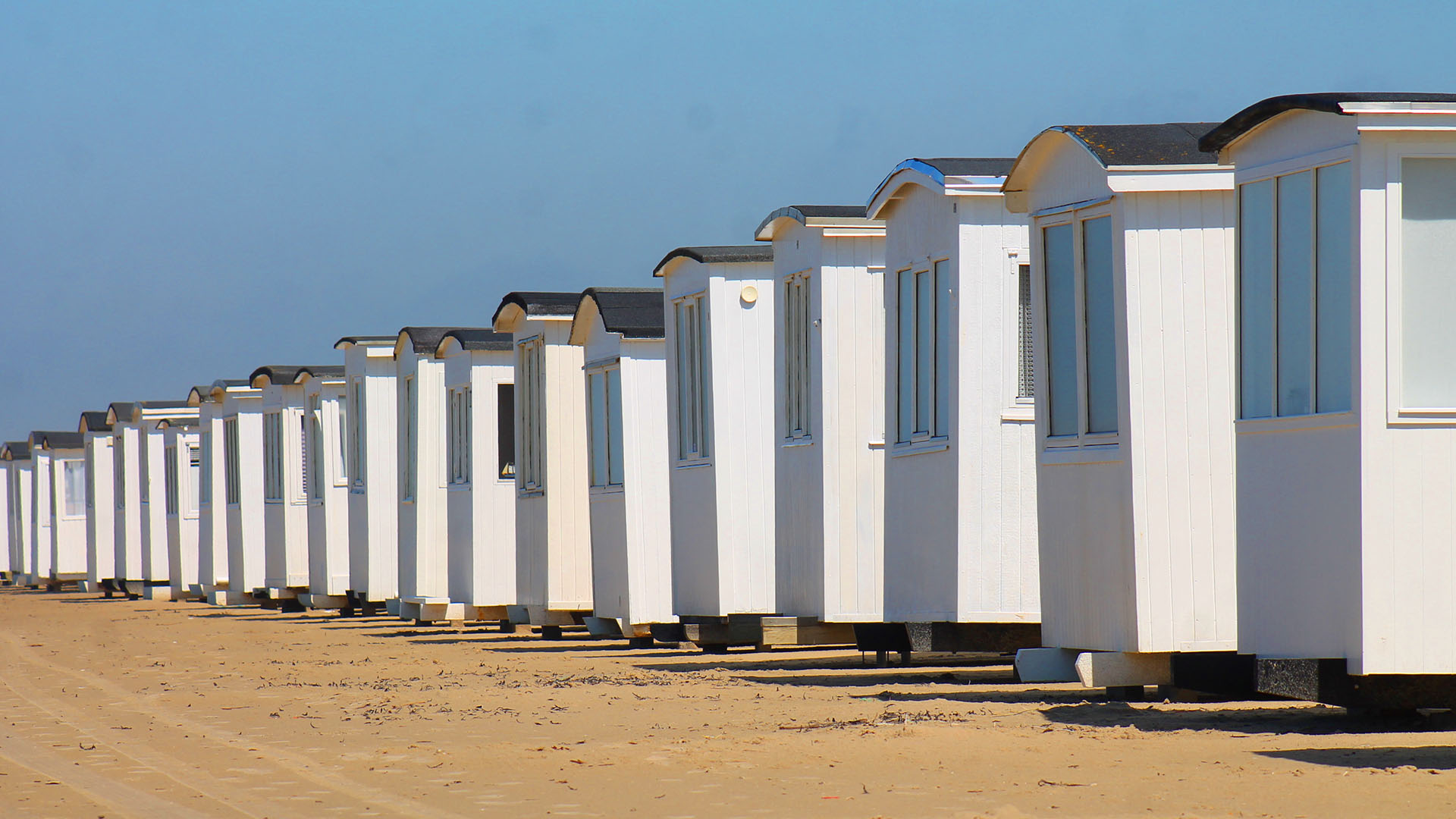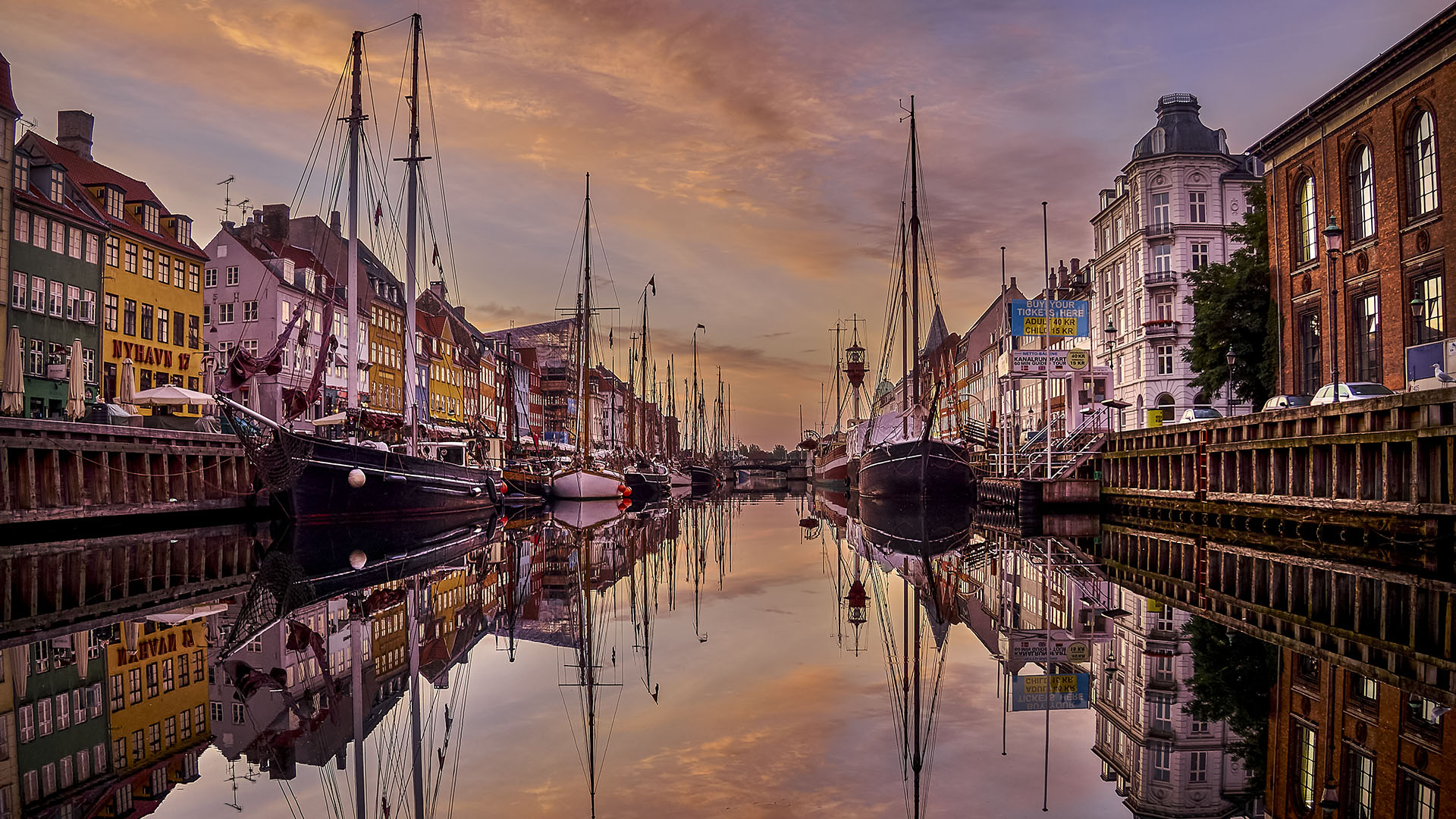http://geert-hofstede.com/germany.html
In line with the philosophical heritage of Kant, Hegel and Fichte there is a strong preference for deductive rather than inductive approaches, be it in thinking, presenting or planning: the systematic overview has to be given in order to proceed. This is also reflected by the law system. Details are equally important to create certainty that a certain topic or project is well-thought-out. In combination with their low Power Distance, where the certainty for own decisions is not covered by the larger responsibility of the boss, Germans prefer to compensate for their higher uncertainty by strongly relying on expertise.
Mir kommt es jedenfalls bekannt vor
Hier Dänemark: http://geert-hofstede.com/denmark.html
Was meine Mitarbeiter sehr schätzen ist der dänische Führungsstil - keine Führung. Die sind aber immernoch dabei sich daran zu gewöhnen.
Danes do not lead, they coach and employee autonomy is required. In fact, Denmark ranks highest amongst the EU27 countries in terms of employee autonomy. With a very egalitarian mindset the Danes believe in independency, equal rights, accessible superiors and that management facilitates and empowers. Power is decentralized and managers count on the experience of their team members. Respect among the Danes is something which you earn by proving your hands-on expertise. Workplaces have a very informal atmosphere with direct and involving communication and on a first name basis. Employees expect to be consulted.
Dass wir gut mit Unsicherheit klarkommen ist auch treffend beschrieben
This means that that Danes do not need a lot of structure and predictability in their work life. Plans can change overnight, new things pop up and the Danes are fine with it. It is a natural part of their work life. Curiosity is natural and is encouraged from a very young age. This combination of a highly individualistic and curious nation is also the driving force for Denmark’s reputation within innovation and design. What is different is attractive! This also emerges throughout the society in both its humour, heavy consumerism for new and innovative products and the fast highly creative industries it thrives in – advertising, marketing, financial engineering.
Der Spassfaktor ist bei uns auch viel höher
Denmark has a high score of 70 in this dimension, meaning that Denmark is an indulgent country. People in societies classified by a high score in indulgence generally exhibit a willingness to realise their impulses and desires with regard to enjoying life and having fun. They possess a positive attitude and have a tendency towards optimism. In addition, they place a higher degree of importance on leisure time, act as they please and spend money as they wish.
als in Deutschland
The low score of 40 on this dimension indicates that the German culture is restrained in nature. Societies with a low score in this dimension have a tendency to cynicism and pessimism. Also, in contrast to indulgent societies, restrained societies do not put much emphasis on leisure time and control the gratification of their desires. People with this orientation have the perception that their actions are restrained by social norms and feel that indulging themselves is somewhat wrong.
Sehr interessante Seite: http://geert-hofstede.com/about-us.html

